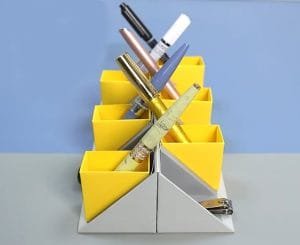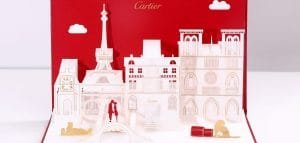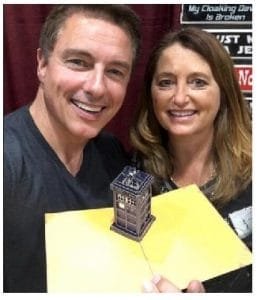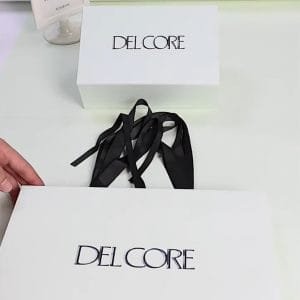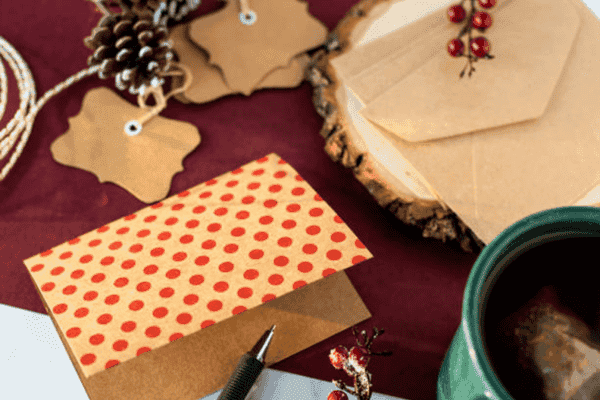
Hey there! I’m Libby from HiPack, and I’ve had my share of greeting card mishaps—like printing a batch too big for their envelopes. Total flop! But I learned, and I’m here to help you dodge those headaches with this simple guide.
Standard greeting card sizes1 are 5x7 inches for store shelves and A2 (4.25x5.5 inches) for homemade ones. Costs range from $0.50 to $2 per card. Want to submit art? At HiPack, just click ‘quote’ and upload your file or paste its URL—easy!
Let’s break it all down together, step by step.
What Are the Standard Greeting Card Sizes?
Picking the right size can feel like a puzzle. I’ve messed it up before, and trust me, it’s no fun scrambling to fix it!
Most cards are 5x7 inches for shops or A2 (4.25x5.5 inches) for DIY. Bigger ones, like 6x8 inches, work for special moments.
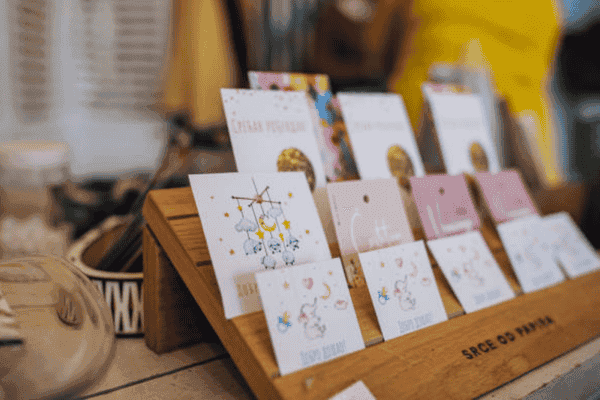
Years ago, I took on a wedding order at HiPack. The client wanted 5x7 cards, but I got cocky—thought 6x8 would impress them. Nope! The envelopes didn’t fit, and we had to reprint everything. What a mess! Now, I stick to the classics unless I’m double-checking.
Sizes matter more than you’d think. The 5x7 size is perfect for retail—it’s what you see in stores, great for holidays or weddings. A2’s my go-to for quick DIY projects, like a thank-you note that feels personal. And 6x8? That’s for when you want to make a statement—think artsy birthday cards.
Here’s a little cheat sheet:
| Size | Best For |
|---|---|
| 5x7 inches | Shops, weddings, holidays |
| A2 (4.25x5.5) | DIY, birthdays, thank-yous |
| 6x8 inches | Big events, unique designs |
At HiPack, we play with sizes for our 3D popup cards—adds a fun twist! But for starters, 5x7 or A2 keeps things simple. What’s your project? Size can set the vibe.
How Much Does It Cost to Make a Greeting Card?
Costs can sneak up on you—I’ve blown cash on glitter paper that wasn’t worth it. Let’s keep it real and affordable.
A card costs $0.50 to $2 to make. DIY is pricier per card—$0.50 to $1.50. With HiPack’s bulk printing, it’s $0.30 to $1.
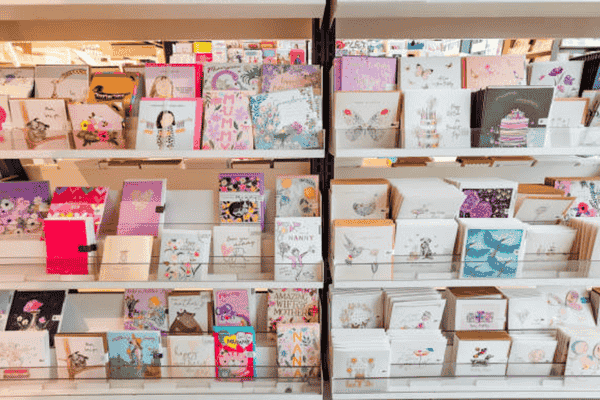
Early on, I got dazzled by shiny paper. Spent a fortune, thinking it’d make my cards pop. They did—until I saw the receipt! Now, I’m smarter about it. For DIY, you’re looking at card stock, ink, maybe some extras like stickers. Simple stuff keeps it under a buck. But if you’re dreaming big—like a business—bulk printing’s where it’s at.
At HiPack, we’ve got wholesale down pat. Our 3D popup cards don’t cost an arm and a leg, even with that wow factor. It’s about balance—quality without the sting.
Check this out:
| Method | Cost per Card |
|---|---|
| DIY | $0.50–$1.50 |
| Bulk (HiPack) | $0.30–$1 |
| Fancy Add-ons | $1–$2 |
Want to save? Skip the glitter and stick to basics. Or chat with us at HiPack—we’ll hook you up with wholesale goodies. What’s your budget looking like?
How Do I Submit My Art to Greeting Card Companies?
Submitting art can feel like a leap into the unknown. I’ve flubbed it before—blurry pics and all—so I get the nerves!
Find the company’s rules—like HiPack’s ‘quote’ page. Upload your file or paste its URL there. Use high-res images, 300 DPI minimum.

I once sent a fuzzy drawing to a company—thought it’d be fine. Rejected in ten seconds flat! Now, I double-check everything. At HiPack, it’s a breeze—just hit ‘quote,’ upload your file or drop a URL, and you’re golden. No complicated forms or hoops.
Other places? Some want emails, others have strict online portals. HiPack keeps it simple because I know how frustrating red tape can be. Prep your art—make it sharp, clear, and yours. Oh, and peek at the contract. It’s your work—know what you’re signing!
Here’s a rundown:
| Company | How to Submit |
|---|---|
| HiPack | Upload or URL |
| Big Names | Forms, strict rules |
| Small Shops | Email, hit or miss |
Got art ready? Try us out—I’d love to see it shine on a card!
What Setup Do I Need to Print High-Quality Greeting Cards at home?
Printing’s where the magic happens—or the mess, if you’re me with my first junky printer. Let’s set you up right.
Grab an inkjet or laser printer (300 DPI), thick card stock, and software like Canva. That’s your ticket to pro-looking cards.
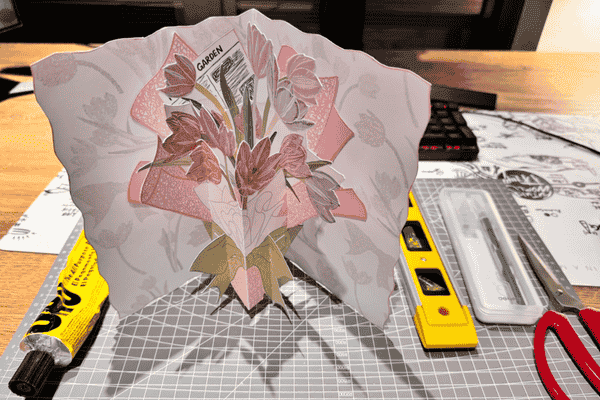
My first printer was a disaster—ink smeared like a kid’s finger painting. Took me ages to realize quality beats cheap every time. Now, I love my laser printer—crisp and tough. Inkjet’s solid too, especially for bright colors. Card stock’s key—thin paper flops, but 80lb or higher feels legit.
Software? Canva’s free and foolproof—I design everything there. For bigger jobs, like our popup gift boxes at HiPack, we use digital presses. But at home, keep it simple.
Here’s your basics:
| Gear | Why You Need It |
|---|---|
| Inkjet Printer | Bright colors |
| Laser Printer | Sharp, lasts longer |
| Card Stock | Feels professional |
Start small, tweak as you go. What’s your setup like—got a printer handy?
Conclusion
Hope this guide takes the stress out of greeting cards! At HiPack, we’ve got your back with 3D popup cards and more. Email me—I’d love to chat about your ideas!
Understanding greeting card sizes is crucial for ensuring your designs fit perfectly and look professional. Explore this link for detailed insights! ↩

